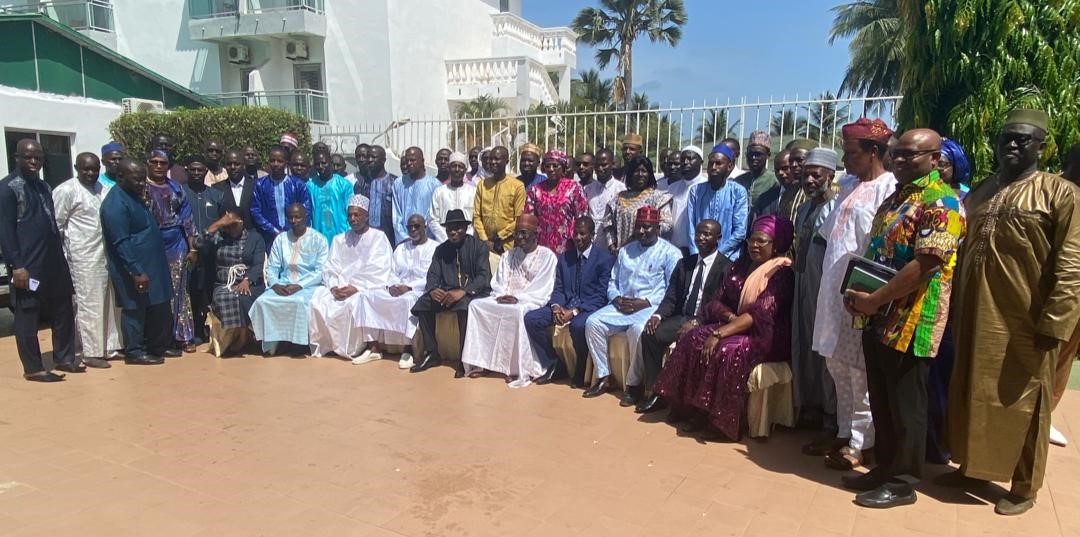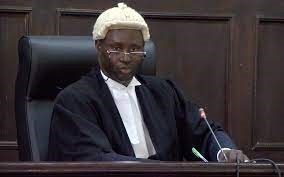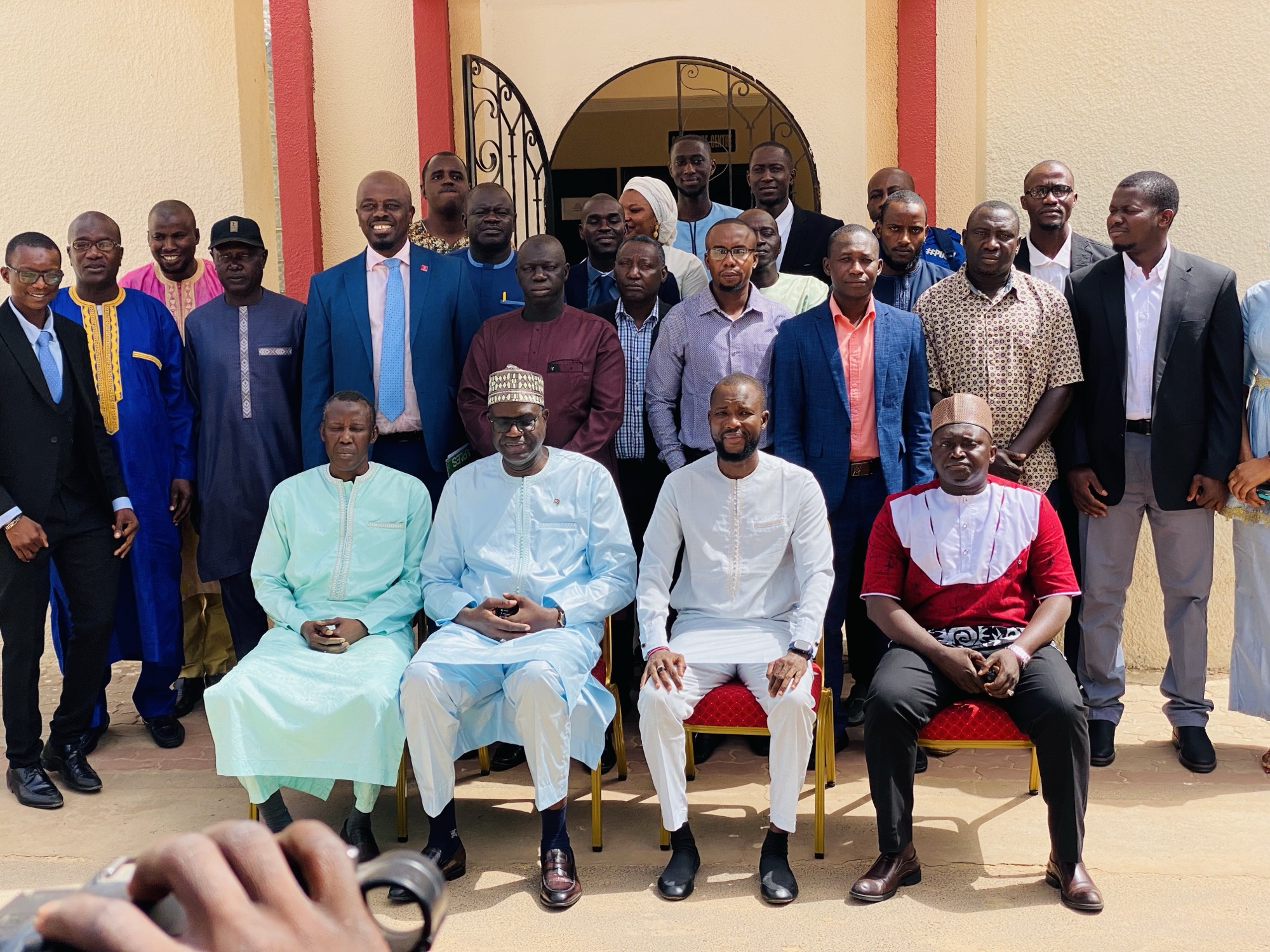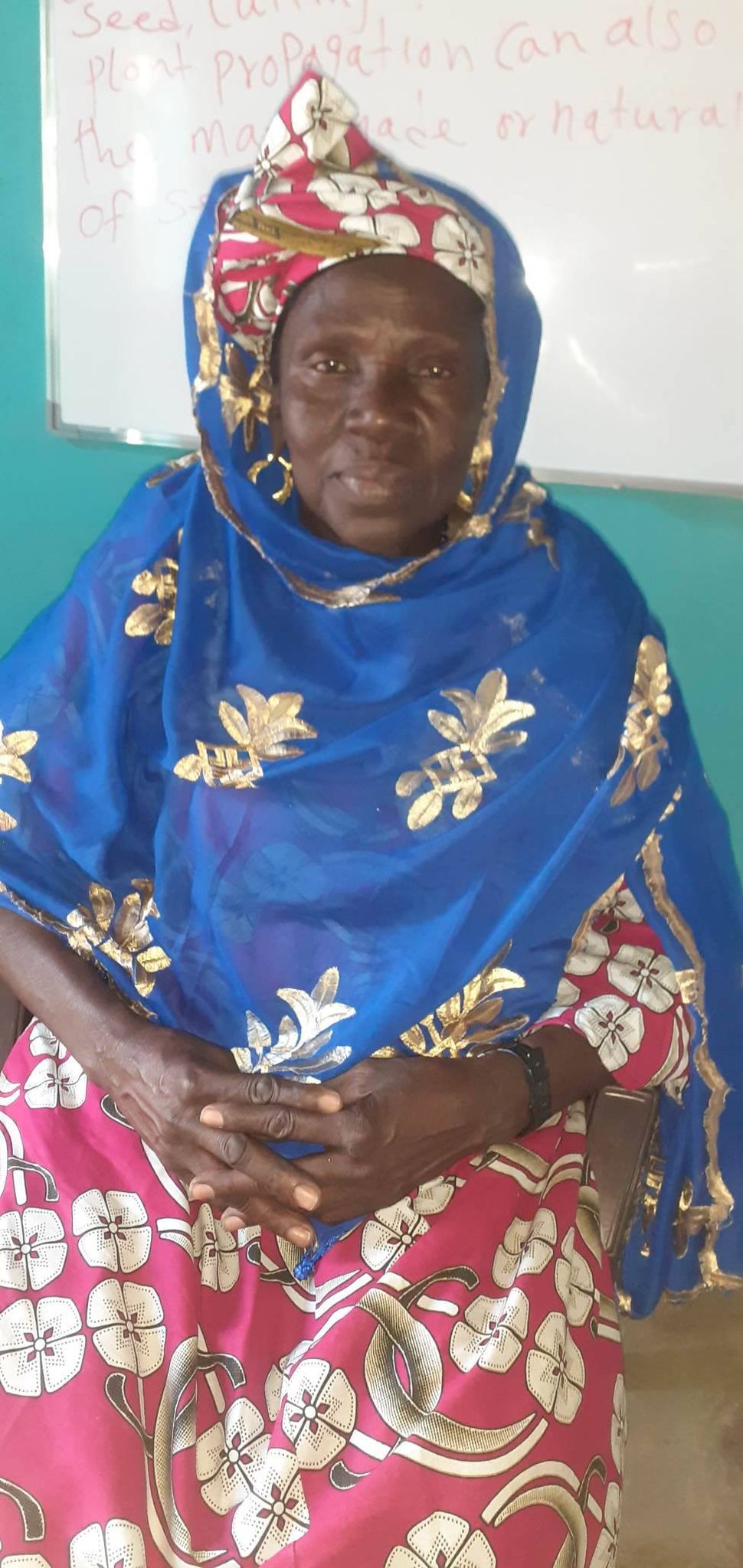By Binta Jaiteh
The National Assembly Members of the Sixth Legislature yesterday started a two-day capacity-building training aimed at exploring and analyzing the contribution of the National Assembly of the Gambia to promote good governance and consolidate democracy.
Speaking during the opening ceremony held at the Paradise Suites Hotel, Senegambia, Honorable FabakaryTombong Jatta, the speaker of the National Assembly extended profound gratitude to H.E. Goodluck Jonathan and his Foundation for quickly responding to his request to build the capacities of members of the Sixth Legislature.
He said the members of the National Assembly considered former President Jonathan as a Peoples Representative and that his enormous effort in promoting reconciliation among the Gambian populace at a period when the country was so polarized cannot go unnoticed.
He said it only takes a person with great leadership skills, compassion, and determination to undertake such a daunting enterprise, and he said the Gambian people are grateful for the effort he made to build consensus among the Gambian people.
Speaker Jatta further thanked the speaker of the ECOWAS Parliament, Sidie Mohamed Tunis who has been working tirelessly to ensure that the ECOWAS Parliament works closely with the National Assembly of Member States.
He said in his recent visit to Abuja at the invitation of Tunis, he was opportune to open the first ordinary session of the ECOWAS Parliament in the 2022 Legislative Year in Abuja Nigeria, a visit which was greatly honored with tremendous hospitality.
He said because of the hospitality accorded to him, he revealed that he was not surprised that despite the short notice, Speaker Tunis favorably considered the request of the Jonathan Foundation for the ECOWAS Parliament to be part of this capacity building initiative.
Momodou A Sise, Clerk of the National Assembly said the capacity building engagement is significant, that there is already a growing interest in issues related to democracy and good governance around the world, adding that this is a reflection of the increasing acceptance of the fact that democracy and good governance are not a luxury, but a fundamental requirement to achieve sustainable development.
The Clerk noted that the Parliament is one of the key state institutions in a democratic system of governance that have a critical role to play in promoting democracy and good governance.
Goodluck Jonathan, the former President of Federal Republic of Nigeria stated that “I am happy to state that this workshop is facilitated by the Goodluck Jonathan Foundation (GJF) which I chair, and we are proud to identify with our partners, principally, the ECOWAS Parliament, who are supporting the program”.
He disclosed that they obviously share in their Foundation’s belief in democracy and good governance and are favorably disposed to their advocacy for consolidating democracy through free, fair elections and peaceful transitions of governments.
For the purpose of the workshop, he said “the Parliamentarians, Partisan Politics and National Development, because I believe that a functional democracy plays a key role in the wellbeing of citizens. In recent years, the idea of democratic sustainability has featured prominently in conversations regarding Africa’s growth. Certainly, democracy has proven over time to be the best form of government for the attainment of basic human aspirations of peace, unity, economic sufficiency and, most especially, freedom”.
He outlined that a functional democracy endures because it is participatory and creates the atmosphere for a free and fair electoral process, that it establishes a nexus between leadership and development.
“Today we are here to build the capacity of our parliamentarians because the parliament is central to the consolidation of democracy,” he revealed.
He said that the modern parliamentary system originated in England in the late thirteenth century, and was formalized by King Edward I of England at a meeting in 1295, where representatives of rural landowners and townsmen were invited to participate in the King’s Council, as members of the Commons.





